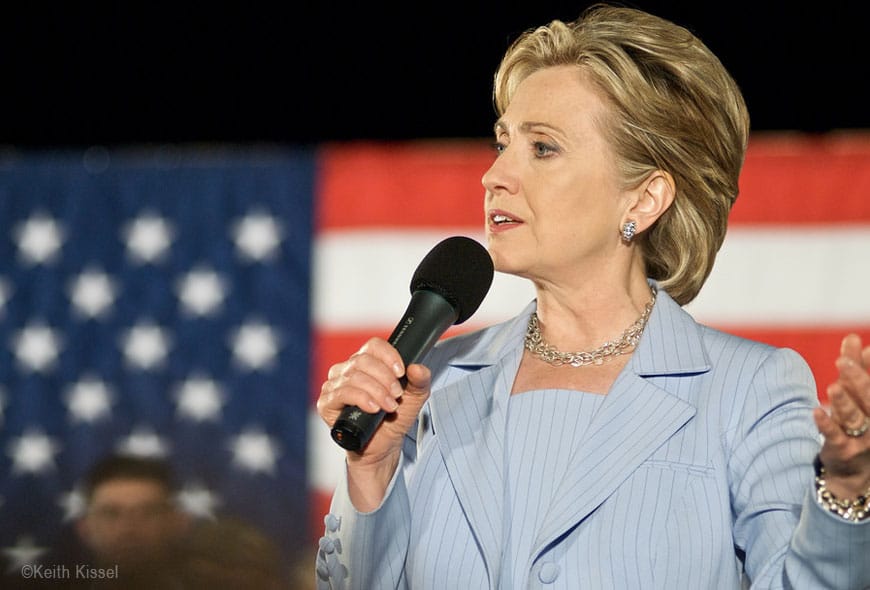The Internet has changed the world on all levels and in many different ways. This includes the manner in which diplomacy is undertaken between nations. Governments have had to adapt their diplomatic strategies and protocols in light of the ubiquitous nature of the internet and how much faster and streamlined modern communication is these days.
Diplomatic Communications
The Internet has altered the manner in which diplomatic communications are undertaken between countries. This includes communications of even the most confidential nature.
In the United States today, the controversy surrounding the use of a private email server by a former Secretary of State works to underscore how the connection between the Internet and diplomacy is developing. It also highlights what can happen if protocols specifically developed by a particular government are not followed by diplomatic officials, even the top ranking one in a particular nation.
Head of Government Communications are more Commonplace
Historically, a great deal of diplomatic communication was undertaken by underlings and certainly not the head of a nation’s government. With the internet though, heads of governments are now in more frequent communication with one another, and have more direct communication with one another. The face of diplomacy has changed with the increase of head of government contact between nations via the internet and anyone with a masters in global affairs knows more direct contact can be both a good and a bad thing depending on the circumstance.
Internet Security Enhancements
With an ever increasing reliance on the internet for diplomatic purposes, online security has become an even more significant issue. A great deal of time and energy is being expended on developing comprehensive and evolving internet security systems to protect diplomatic channels.
A side benefit of these developments is that these security systems ultimately will filter outward and be utilized in the private sector as well. In theory, the net effect will be a far more secure Internet overall, a benefit not only to governments and diplomats but the public at large.
Cyber-Warfare
A negative aspect of diplomacy and the internet is what commonly is known as cyber-warfare. This is the internet being used for nefarious purposes to harm another nation in some manner. Cyber-warfare is something of the “evil twin” to the diplomatic use of the web.
Cyber-warfare is becoming all the more commonplace in this day and age. Many nations around the globe have been targeted in a variety of different ways. This includes direct cyber-attacks against governmental agencies as well as against private sector companies.
Protecting against cyber-warfare, including the negotiation of agreements regarding this type of conduct, remains a major issue for diplomats in countries around the globe. It is likely to remain a key priority into the indefinite future.

